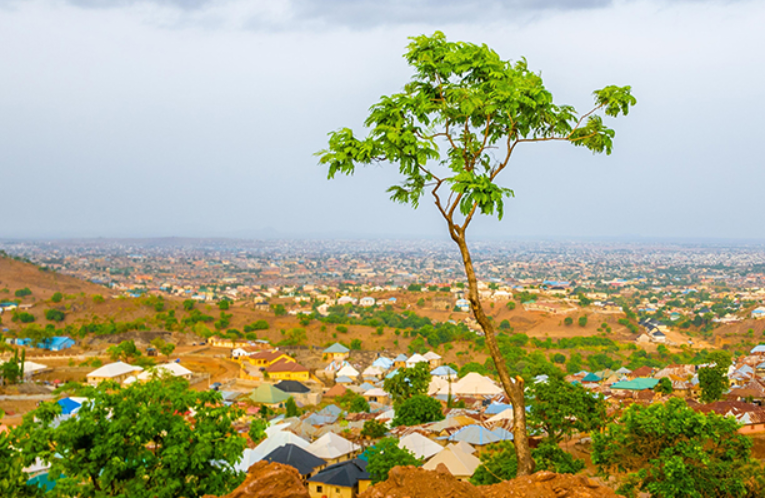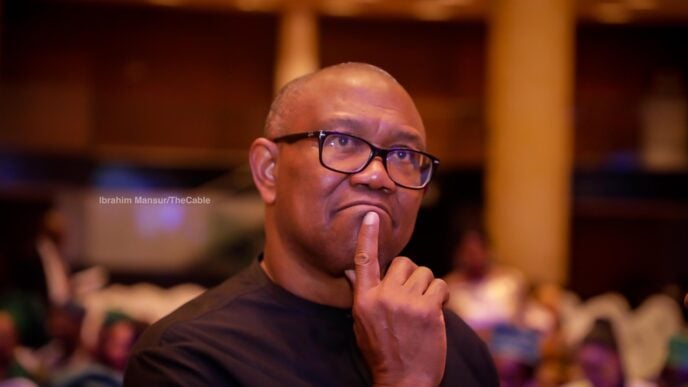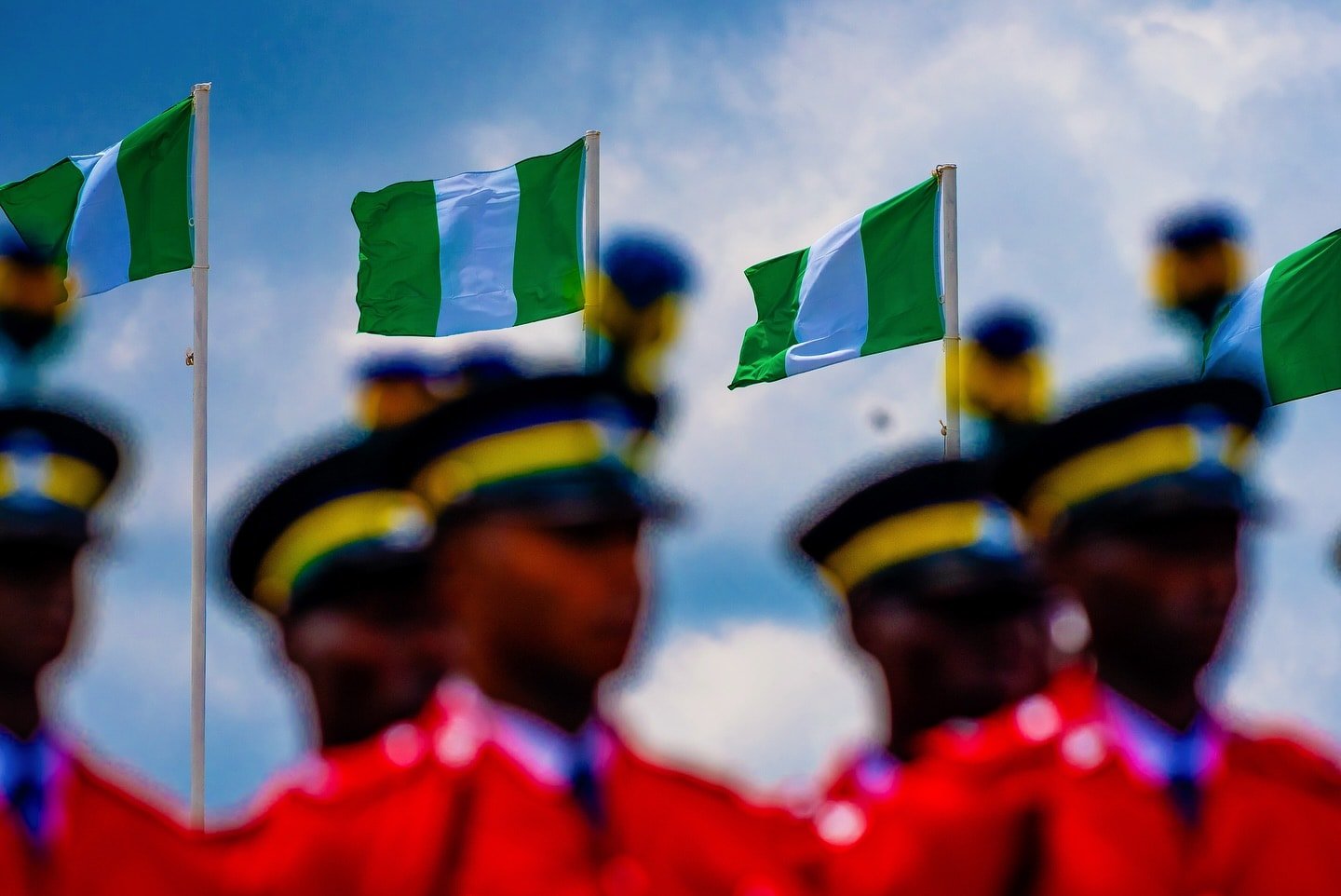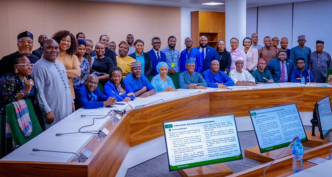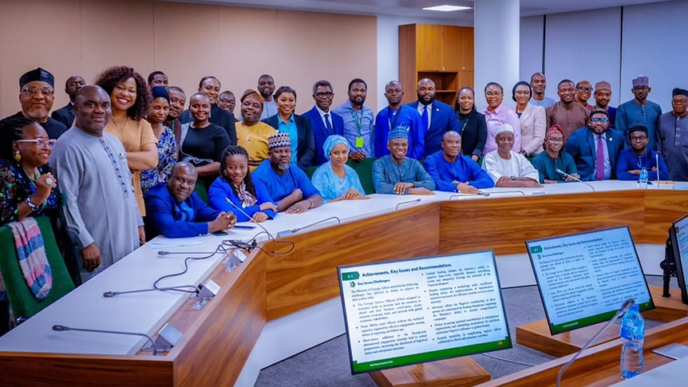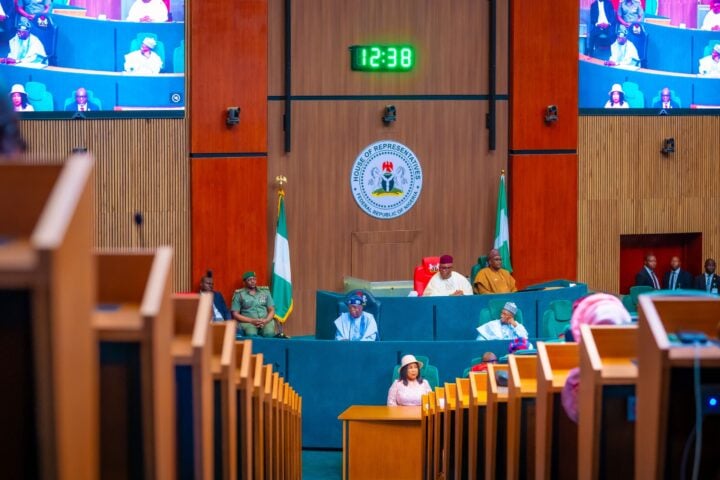BY MAYOWA KAMARUDEEN IBRAHIM
The Central Sahel region, encompassing Burkina Faso, Mali, and Niger, has long been a focal point of global attention due to its complex interplay of insecurity, governance challenges and external interferences. Over the past decade, the region has grappled with escalating violence from jihadist insurgencies, intercommoned conflicts, and political instability, often marked by military coups and instability. However, recent shifts in the political landscape are beginning to reveal a nuanced evolution, one that, while still fraught with challenges, offers glimmers of hope for peaceful outcomes. These changes, driven by local agency, regional cooperation, and a reorientation of priorities, are reshaping the Central Sahel in ways that could foster stability and reconciliation.
A shift from democratic fragility to military-led governance: One of the most significant political transformations in the Central Sahel has been the transition from fragile democratic governments to military-led regimes. Between 2020 and 2023, Burkina Faso, Mali, and Niger each experienced military coups, with juntas seizing power amid widespread frustration over deteriorating security and economic stagnation under civilian leadership. While coups are often associated with instability, the juntas have sought to legitimise their rule by addressing the root causes of unrest, particularly insecurity, which has displaced millions and disrupted livelihoods.
In Mali, the military leadership under Colonel Assimi Goïta has prioritised combating terrorism over adhering to externally imposed electoral timelines. Similarly, Burkina Faso’s Captain Ibrahim Traoré and Niger’s General Abdourahamane Tiani have framed their takeovers as necessary interventions to restore order. This shift has resonated with many citizens who felt neglected by previous governments. The junta’s focus on security, while militaristic, has opened avenues for dialogue with local communities, fostering a sense of inclusion that was previously absent. For instance, in Burkina Faso, the government has engaged with traditional leaders and civil society to rebuild trust, a move that could lay the groundwork for peaceful coexistence.
Advertisement
The Alliance of Sahel States: A pivotal development in the region’s political evolution is the formation of the Alliance of Sahel States (AES) by Burkina Faso, Mali, and Niger in September 2023. This alliance, formalised in January 2024, marks a departure from the Economic Community of West African States (ECOWAS), which the three countries exited amid tensions over sanctions and perceived inefficacy. The AES aims to strengthen economic and military ties, with initiatives like a 0.5% levy on imported goods to fund joint security efforts and the introduction of biometric passports to enhance regional identity.
Moreover, ECOWAS and the AES can collaborate to stabilise and develop the Central Sahel by combining their strengths. ECOWAS, with its expertise in peacekeeping and conflict resolution, can address security challenges, while the AES focuses on economic development through regional cooperation. By aligning their strategies, they can promote policies that foster peace and encourage investment in infrastructure, education, and trade.
Finally, some of the joint efforts include strengthening security to support economic growth and facilitating cross-border cooperation. Through coordinated intervention, ECOWAS and AES can create a comprehensive framework for peace and sustainable development, ensuring long-term prosperity in the Central Sahel
Grassroots Engagement and Nationalist Sentiment: Another transformative aspect of the changing political situation is the rise of nationalist sentiment and grassroots engagement.
Advertisement
Across the Central Sahel, populations have rallied behind military leaders who promise to break free from neo-colonial influences, particularly France’s historical dominance. This shift has galvanised public support, as seen in demonstrations backing the junta in Bamako, Ouagadougou, and Niamey. While this nationalism has sometimes fueled anti-foreign rhetoric, it has also empowered local voices, encouraging governments to prioritise citizen needs over external agendas.
In Mali, for example, the transitional authority has initiated community-level discussions to address grievances related to governance and resource distribution. These efforts, though in their infancy, signal a move toward inclusive decision-making, which could reduce tensions between ethnic groups like the Tuareg and Fulani, who have historically clashed over land and power. Similarly, in Niger, the junta’s proactive cross-border operations against insurgents, conducted in collaboration with Mali, demonstrate a commitment to regional stability that transcends national boundaries. Such cooperation could pave the way for negotiated settlements with armed groups, a critical step toward peace.
Reorientation of international partnerships: The withdrawal of Western forces, notably France and the United Nations peacekeeping mission in Mali (MINUSMA), has prompted the Central Sahel states to forge new international partnerships, particularly with Russia and China. While the presence of Russian mercenaries like the Wagner Group (now Africa Corps) has raised concerns about human rights abuses, it has also bolstered the junta’s counter-insurgency capabilities. More importantly, China’s economic investments, such as the oil pipeline in Niger, offer a non-military avenue for development, which could stabilize the region by creating jobs and infrastructure.
This reorientation reduces the risk of external powers imposing solutions that clash with local realities, allowing the Central Sahel states to dictate their own terms. The peaceful impact here is subtle but significant: by diversifying partnerships, these countries are less beholden to any single foreign entity, fostering a sense of sovereignty that could encourage internal reconciliation and governance reforms. For instance, increased revenue from Chinese backed projects in Niger could fund education and health initiatives, addressing the social vulnerabilities that fuel unrest.
Advertisement
Challenges and the road ahead: Despite these positive shifts, the path to peace remains precarious. The junta’s reluctance to set firm election timelines has strained relations with ECOWAS and the African Union, risking further isolation. Moreover, the militarised approach to counter-insurgency has sometimes alienated civilians, as seen in retaliatory violence against communities suspected of supporting jihadists. To sustain the peaceful impacts of these political changes, the Central Sahel states must balance security with governance reforms, ensuring that military rule transitions into a system that reflects popular will.
Nevertheless, the evolving political situation offers a foundation for optimism. The AES’s regional framework, grassroots engagement, and strategic partnerships signal a move away from perpetual crisis toward a more autonomous and cooperative Central Sahel. By addressing insecurity and economic despair, key drivers of conflict, these changes could gradually reduce violence, enabling communities to rebuild and thrive.
Ibrahim is a graduate of Ekiti State University and is currently a serving corps member in the Institute for Peace and Conflict Resolution, Abuja. He writes via
[email protected]
Advertisement
Views expressed by contributors are strictly personal and not of TheCable.
